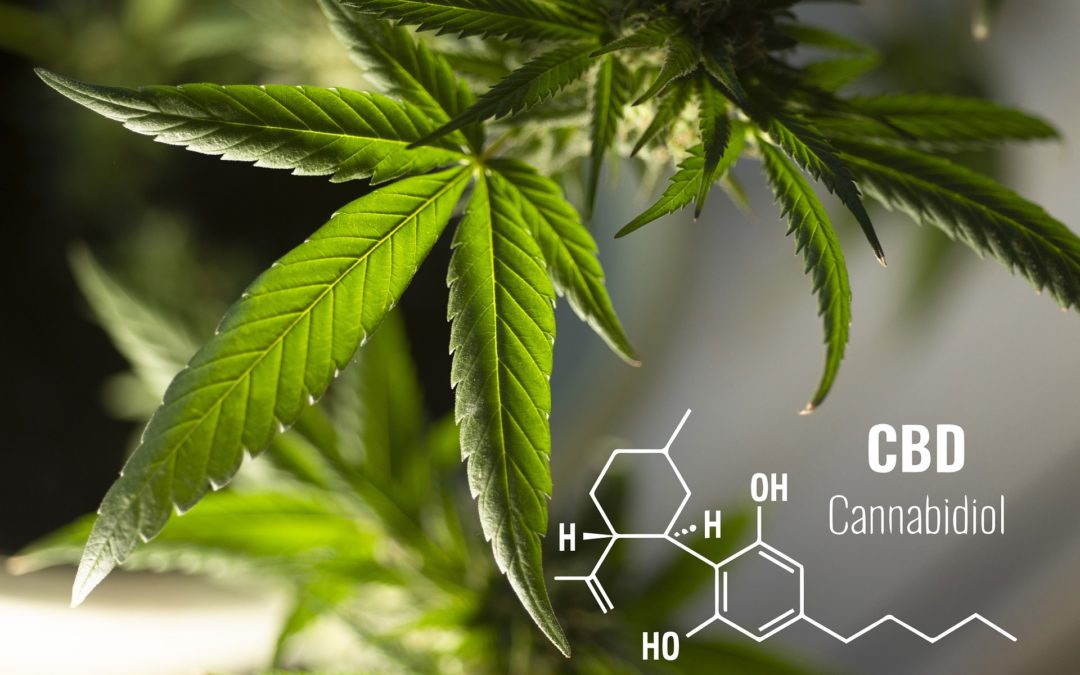Over the past two years or so, cannabidiol (CBD) has become all the rage. Available CBD products and articles expounding on the benefits of CBD are widely available. During COVID-19 we have seen the emergence of articles suggesting that CBD can boost your immune system or stave off infection!
In reality, using CBD is actually unnecessary and may even be detrimental to some people’s health and wellness. Below Massachusetts medical marijuana doctor Jordan Tishler will explain what CBD is and what it isn’t, discuss developing a tolerance to cannabinoids like CBD, and also hopefully dispel some common misconceptions about CBD use.
What is CBD Used For?
CBD is a cannabinoid, or type of medicine naturally found in modest quantities in the cannabis sativa plant. THC, or tetrahydrocannabinol, another familiar cannabinoid, is really the main medicine in cannabis, but does have a well-known side effect: intoxication. CBD does not produce psychoactive effects and people have found success in using CBD to treat acute pain. For this reason, many are eager to label CBD as “safe,” but even though CBD is not associated with intense physical effects, it is not necessarily beneficial or healthy for the average person to regularly consume.
Currently, there is good evidence that using CBD for chronic conditions like Dravet Syndrome and Lennox-Gastaut Syndrome may be part of an effective protocol, but these are rare epileptic conditions found in children, and for the average American, there is little to no benefit to be gained from incorporating CBD into their daily routine. A few small clinical studies do point to CBD having anxiolytic and pain relieving effects, but these results were only achieved in participants who consumed on average 600mg of CBD, or the equivalent of six bottles of CBD oil, every day. This is an enormous amount of oil for any human to consume daily, and is likely to cause severe gastrointestinal distress.
Can You Develop a Tolerance to CBD and Is It Safe To Use ?
Tolerance is a condition where your body becomes “used to” a substance and requires more of that substance over time to get the same reaction (good or bad). Until recently there were no studies of CBD tolerance formation, but this year a study showed increasing demand for CBD among the children mentioned above with those rare, genetic seizure disorders. Now it is clear that long-term use of CBD can lead to tolerance.
Although reports of significant adverse effects are rare, CBD use, especially in high volumes, can result in unpleasant side effects like vomiting, nausea, headache, and fatigue. Most importantly, CBD can interfere with common prescription medications, for examples blood thinners, heart medications, immunosuppressants, and other drugs that are broken down by particular enzymes in the liver. If you take these drugs or any daily prescription medication you should make sure to consult with a Boston medical marijuana physician before you incorporate any type of supplement into your regimen.
It’s also important to know that CBD isn’t yet regulated at the federal level and studies have shown that many products such as you can get from the corner gas station, local supermarkets, or online, have dangerous levels of pesticides, heavy metals, and may even have benzodiazepines or opioids added for “effect”.
COVID-19 Claims for Medical CBD Use
There are some wild claims being made about CBD being protective against COVID. There have been a few interesting studies done on this subject, but understand that these studies are entirely preliminary, having been done in a test-tube only, not with any human subjects. DO NOT RELY ON CBD OR ANY CANNABIS PRODUCT TO PROTECT YOU FROM VIRAL ILLNESS.
As always, if you are a medical marijuana patient, or believe that medical marijuana may be beneficial to you, consider consulting a trained medical cannabis specialist who can work with you to properly titrate your dosing over the long term.
Consult with a Qualified Boston Medical Marijuana Expert Today
If you are considering using THC, CBD, or any type of medicine found in cannabis to help manage your condition, you should speak to a trained medical expert who is knowledgeable about using cannabis therapeutically. Massachusetts medical marijuana doctor Jordan Tishler, M.D. sits on the faculty of Harvard Medical School and has years of experience helping patients treat pain and other ailments using cannabis. He and the team at InhaleMD stand ready to assist patients in determining whether medical marijuana may be right for them and guide them towards the best methods of medical marijuana consumption. For more information, or to set up a virtual consultation with the team at InhaleMD, call us at (617) 477-8886 today.

